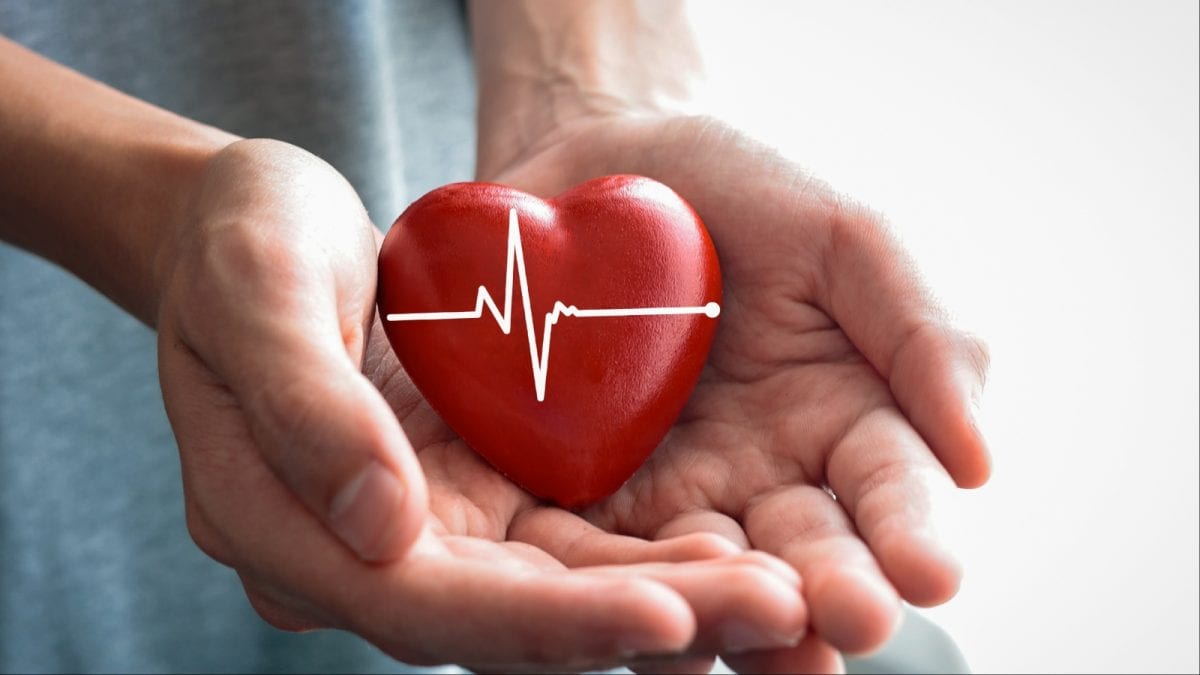
Beating Tuberculosis: How Nutrition And Lifestyle Can Speed Up Recovery – News18
Last Updated:
Tuberculosis (TB) is a contagious lung infection spread through airborne droplets. A weak immune system and malnutrition raise the risk of developing and worsening TB.
Nutrition and lifestyle changes can aid tuberculosis recovery.
Tuberculosis (TB) is a highly infectious bacterial disease caused by Mycobacterium tuberculosis. It primarily targets the lungs and spreads through airborne droplets when an infected individual coughs, sneezes, or spits. While medical intervention is crucial for treatment, the importance of nutrition and lifestyle changes in supporting recovery is often underestimated.
The Impact of Malnutrition on Tuberculosis
A weakened immune system increases susceptibility to tuberculosis, and malnutrition plays a significant role in both the development and progression of the disease. Inadequate nutrition compromises the body’s defense mechanisms, making it harder to fight infections and prolonging the healing process. Ensuring a well-balanced diet can significantly improve recovery rates and overall well-being.
Nutritional Guidelines for TB Patients
Prioritise Protein Consumption
Protein is essential for tissue repair and immune function. Patients should aim for at least 1 gram of protein per kilogram of body weight daily to support recovery.
Best Food Choices for Non-Vegetarians
Incorporating eggs, chicken, and fish into the diet provides high-quality protein. However, red meat should be consumed in moderation, as it may raise uric acid levels and interact with TB medications.
Plant-Based Protein Sources
Vegetarians can meet their protein requirements by including pulses, soy products, cottage cheese, and leafy greens in their meals. These foods also provide essential vitamins and minerals needed for recovery.
Essential Vitamin Supplementation
Taking a multivitamin, particularly one rich in vitamin B6, can help replenish vital nutrients and support overall health.
Frequent, Nutrient-Dense Meals
Due to the side effects of TB medication, patients often experience reduced appetite. Eating smaller, well-balanced meals throughout the day ensures they receive adequate nutrition without feeling overwhelmed.
Avoid Harmful Substances
Smoking and alcohol consumption can weaken immunity and interfere with medication effectiveness. Eliminating these habits during treatment is essential for a faster and smoother recovery.
Enhancing TB Treatment Through Nutrition and Lifestyle Changes
Protein Supplements: To meet increased nutritional demands, protein powders can be incorporated into the diet alongside prescribed medication.
Nutritional Counselling: Educating patients on the importance of a well-balanced diet and encouraging regular intake of protein-rich foods can improve health outcomes.
Lifestyle Modifications for Faster Recovery
- Maintain hygiene.
- Cover the mouth and nose with a tissue or handkerchief while coughing or sneezing.
- Avoid spitting in public places; dispose sputum in sealed tissue paper and discard it in a covered bin or flush it in the toilet.
- Create a healthy living environment.
- Keep indoor spaces well-ventilated to improve air circulation.
- Maintain cleanliness to prevent the spread of infection.
- Incorporate rest and light exercise.
- Sufficient sleep and stress management contribute to overall healing.
- Engaging in gentle physical activities like walking can enhance lung function and promote better respiratory health.
- Location :
Delhi, India, India










